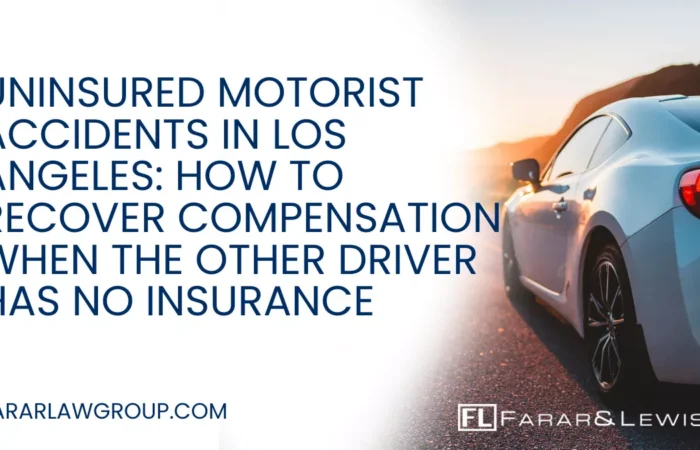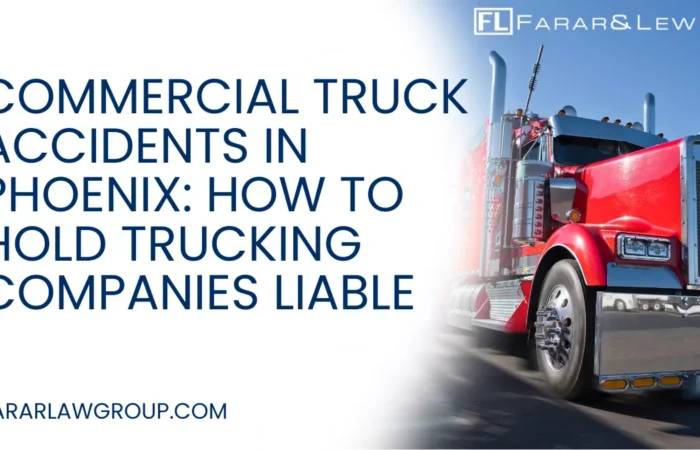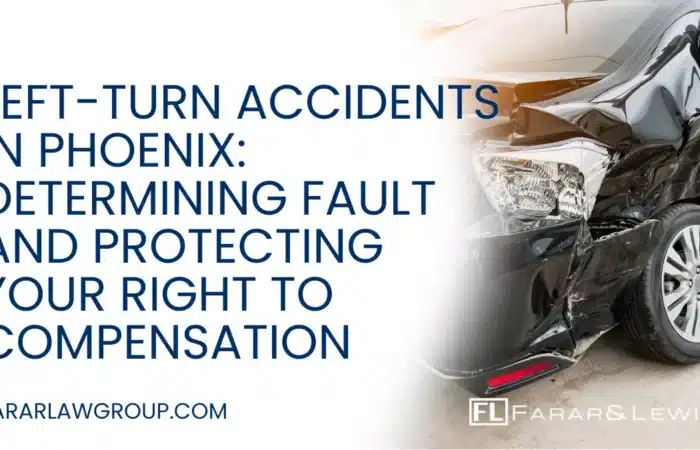With over 55,360 traffic accidents in Los Angeles in 2020, you have a decent risk of getting into an accident, especially if you live in one of the major cities. You should know what to do after a car accident – both at the scene and after you leave – to protect your financial, legal, and medical rights. A car accident attorney can help you protect your rights and recover the compensation you deserve.
After a Car Accident and at the Scene
Always be sure you stop after an accident. Never leave the scene, even if the accident is minor.
1. Limit Your Conversation with Others Involved in the Accident
Never admit fault, even if you believe the accident is your fault. In some cases, the other driver could share in the fault. Let the police and accident investigators sort it out.
2. Protect the Scene
Accident investigators and the police use the placement of the vehicles and other clues at the scene to determine what happened. Protect the scene by setting up flares or cones. If you don’t have them, turn your emergency flashers on. If possible, don’t move the cars unless the accident is minor and you are not in danger from traffic.
3. Contact First Responders and Check on Others Involved
Call the police and check on others involved in the accident. If the police or emergency medical technicians ask if you are hurt, and you are not sure, say that you are not sure, rather than saying no. Some injuries manifest hours or even a day or two later.
4. Document the Scene
Take photos and notes of the scene. Make sure you take pictures from all angles. Include skid marks and property damage, such as damaged yards, electric poles, mailboxes, and fences.
5. Exchange Information
Obtain the contact, insurance, and registration information for other drivers involved in the accident. Obtain contact information from witnesses, including passengers in the other vehicles. Be sure to obtain the year, make, model, and color of the vehicle and the insurance company’s name and policy number.
6. Give Your Version of the Events to the Police Officer
Once the police officer finishes his or her report, ask to review the report to ensure the officer’s accounting is accurate. If you notice that the other party involved made an inaccurate statement, tell the police that his or her statement is not accurate.
After a Car Accident and After You Leave the Scene
Continue protecting your rights after the accident.
7. Seek Medical Attention
If an ambulance does not take you to the hospital, seek medical attention as soon as possible. Let the doctors and nurses know that you were in an accident and need a full checkup. If the hospital releases you and you notice new symptoms and / or injuries a day or two later, return to the hospital. The only way to recover compensation for accident injuries is to document those injuries, even if they are minor.
8. Notify the Insurance Companies
When you speak with the insurance companies – yours, since Florida is a no-fault state, and the other drivers’ insurance companies – give them your name, your policy number, the other drivers’ insurance companies, and policy numbers, the date and location of the accident, and your attorney’s contact information. The insurance company will try to get you to make a statement or sign a medical release. Do not sign anything or make any statement until you speak to a car accident lawyer.
9. Contact a Florida Car Accident Lawyer
Make an appointment with a Los Angeles car accident lawyer as soon as possible. While you have up to two years to file a lawsuit to recover damages, most insurance companies give you very little time to notify them of a claim. Let your attorney review your medical records and the police report and then provide the insurance company a statement on your behalf.
Always Keep a Record of the Accident and Your Injuries
Keep a diary of everything you do related to the accident. Include photos of your injuries, doctor’s appointment dates, times, reasons and outcomes, and how you feel, both physically and emotionally. The documentation will help your attorney recover the compensation you deserve, especially for traumatic accidents that cause psychological issues and/or long-term or permanent disabilities.


